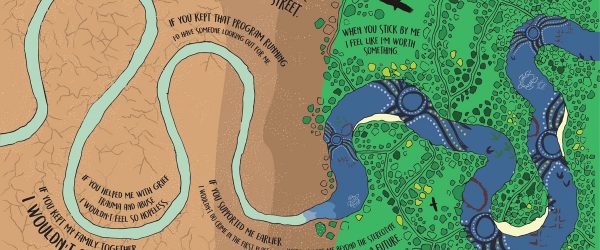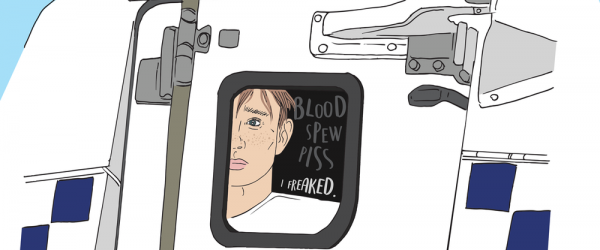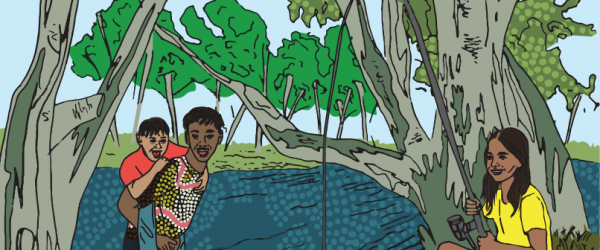
Reflections on Ngaga-dji: Listening for Change
Buy this issue
A series of essays and responses edited by Sophie Rudolph and Claire Loughnan from academics and practitioners from different disciplines reflecting on what the Ngaga-dji Report written by the Koorie Youth Council means for their work.
Issue Contents
Features
Holly Doel-Mackaway
Melitta Hogarth and Sophie Rudolph
Bonnie Dukakis, Claire Loughnan and Faith Gordon
John Tobin and Samara Hand
Julia Hurst and Zoë Laidlaw
Editorial
Claire Loughnan and Sophie Rudolph
Browse the issue:
Features






